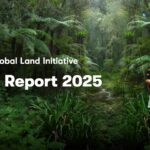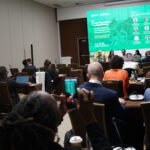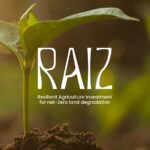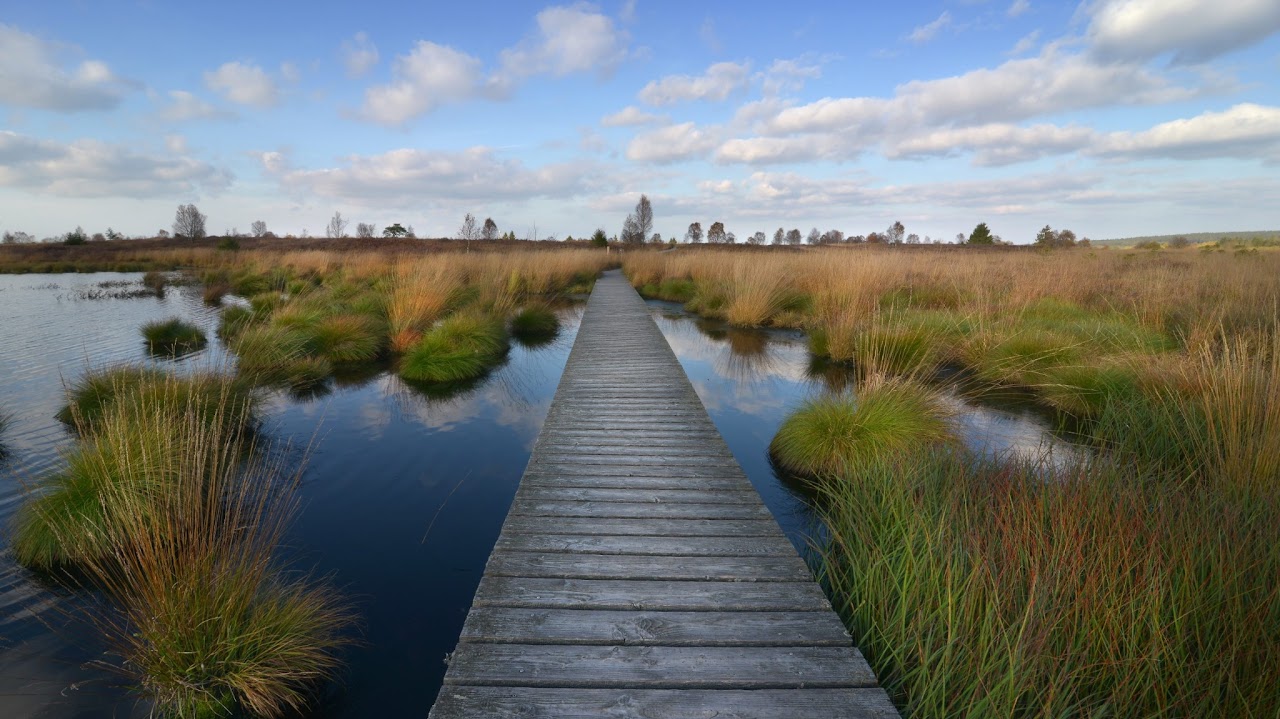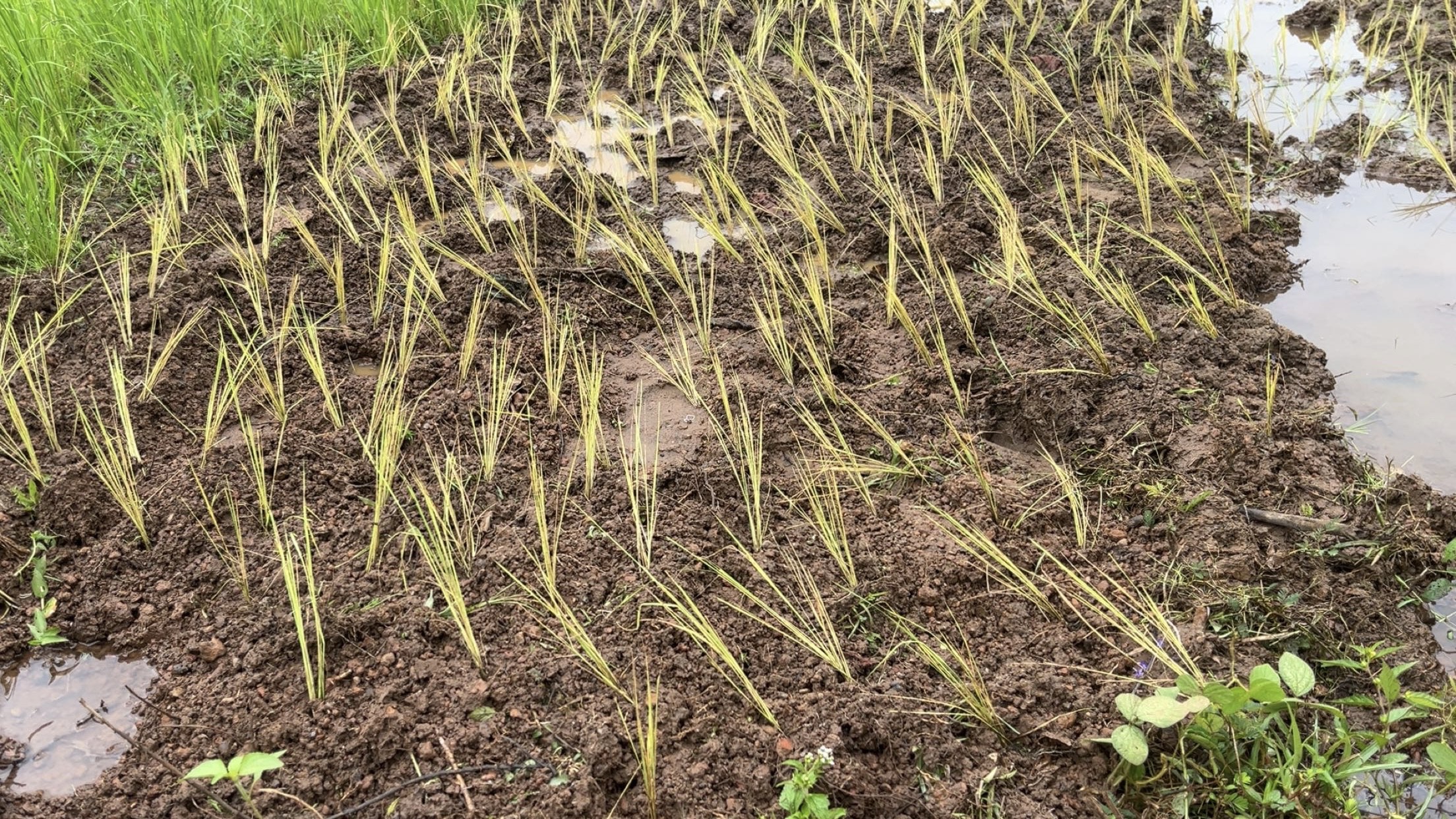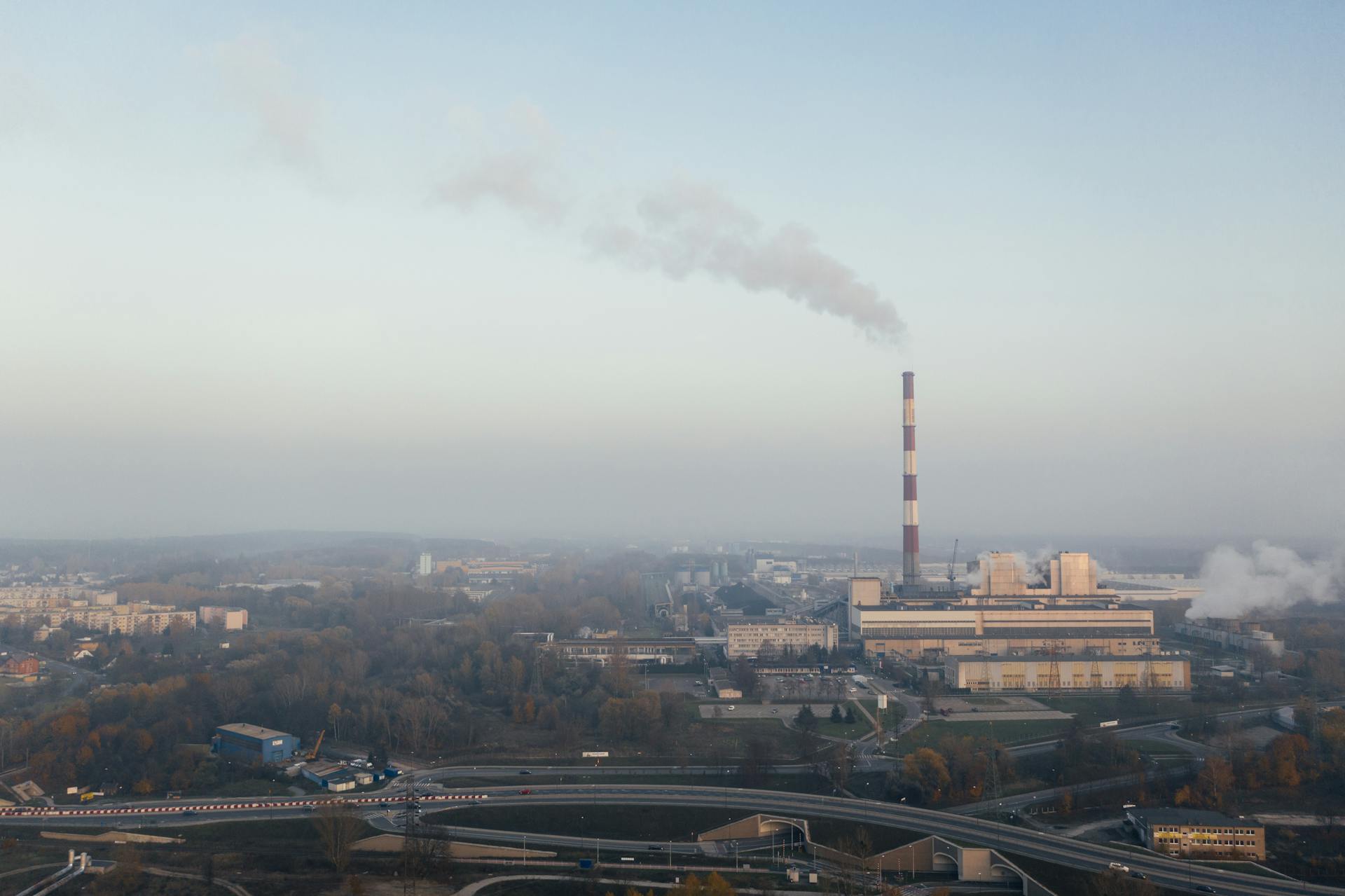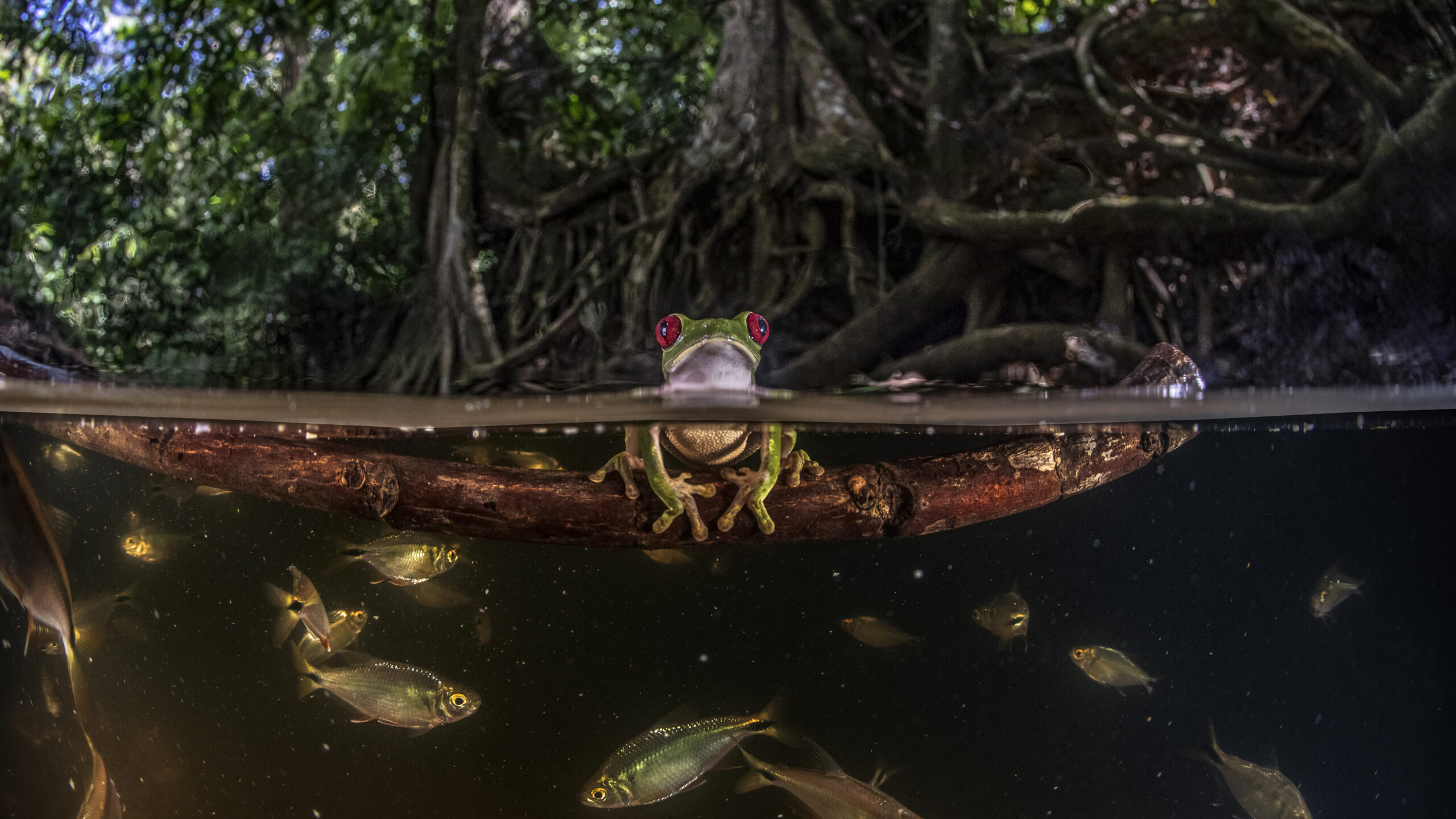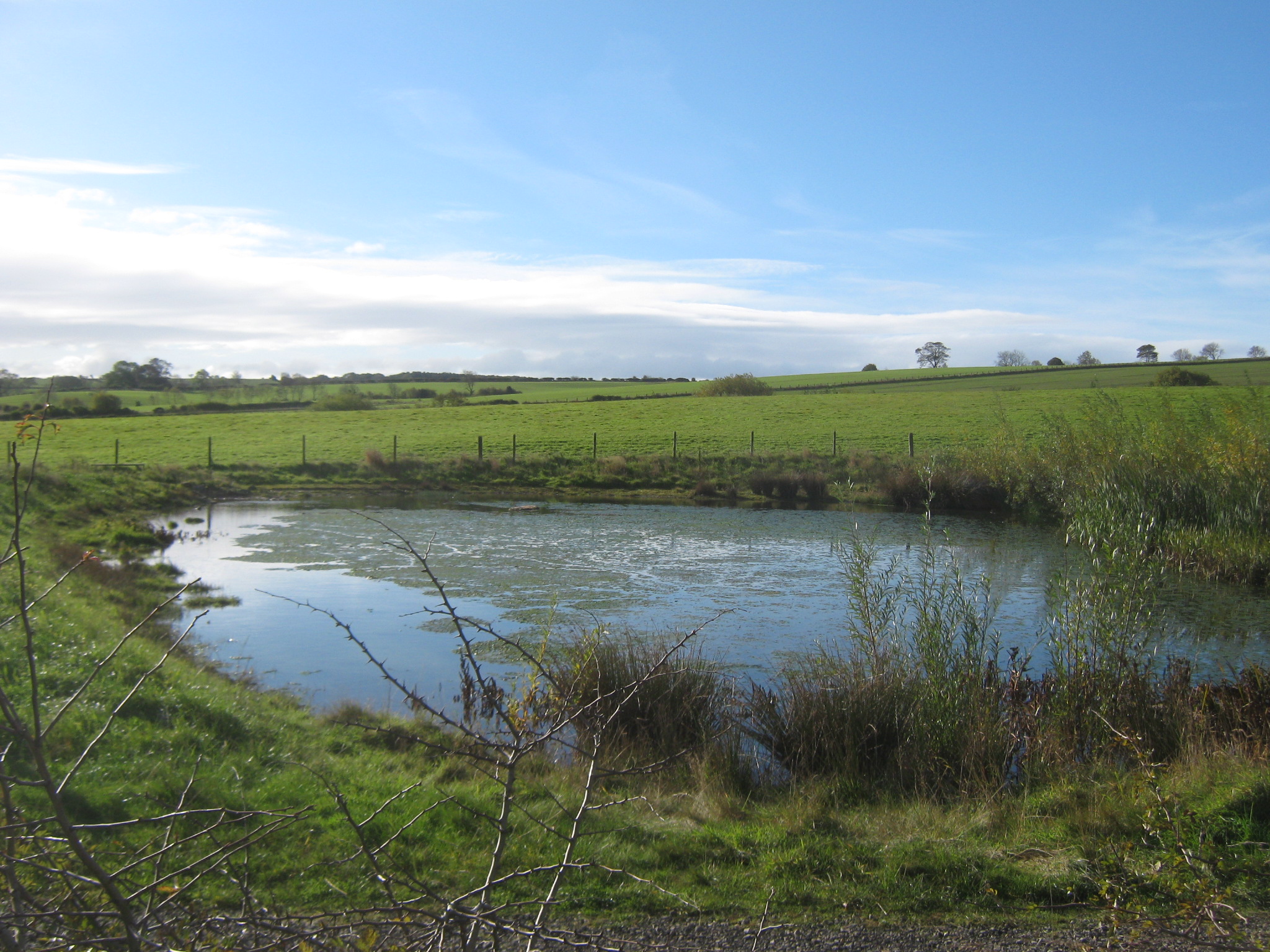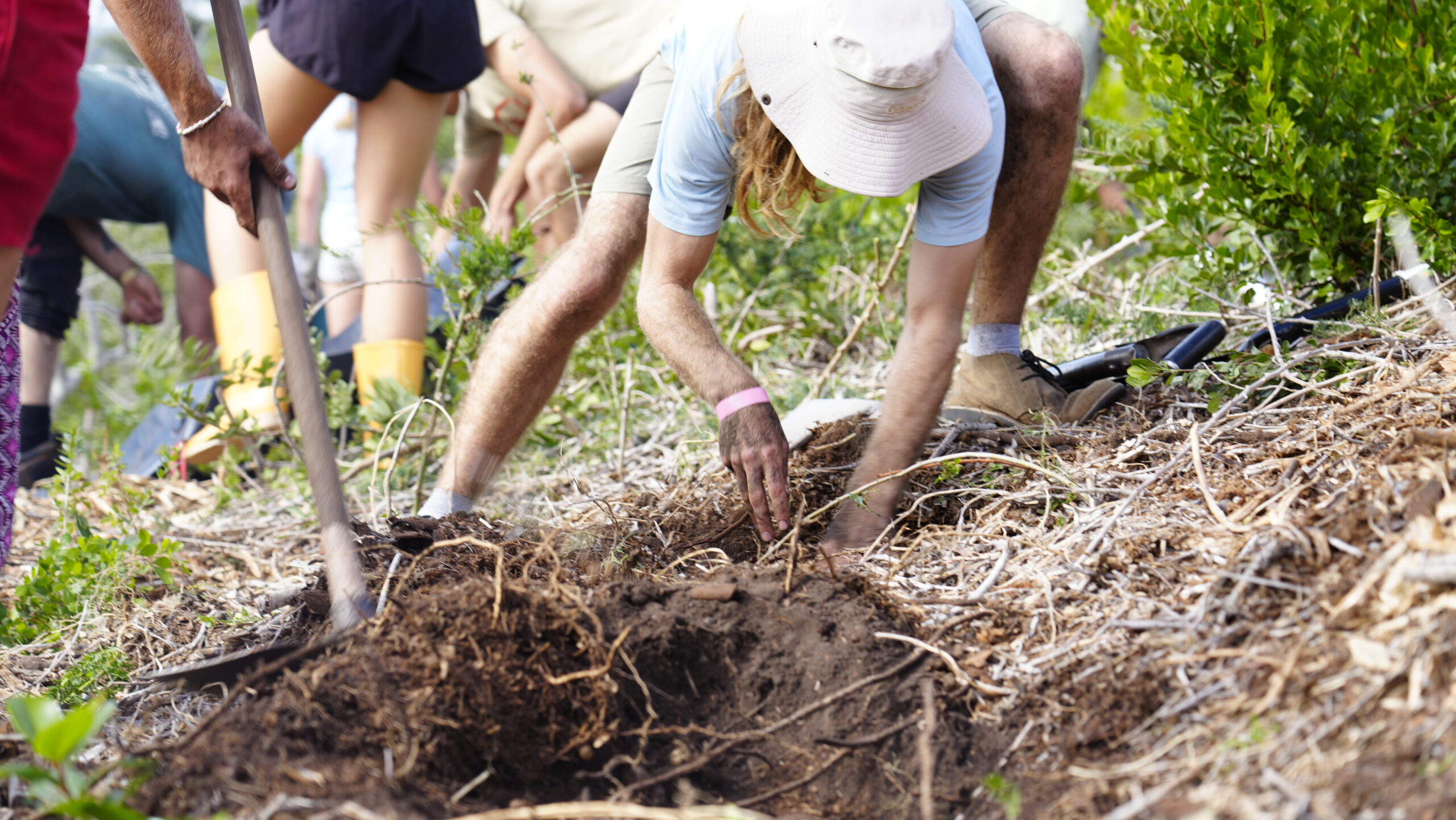Communicators retreat to review and re-ignite land restoration campaigns
Author: Wagaki Wischnewski, Communications Coordinator | July 12, 2024
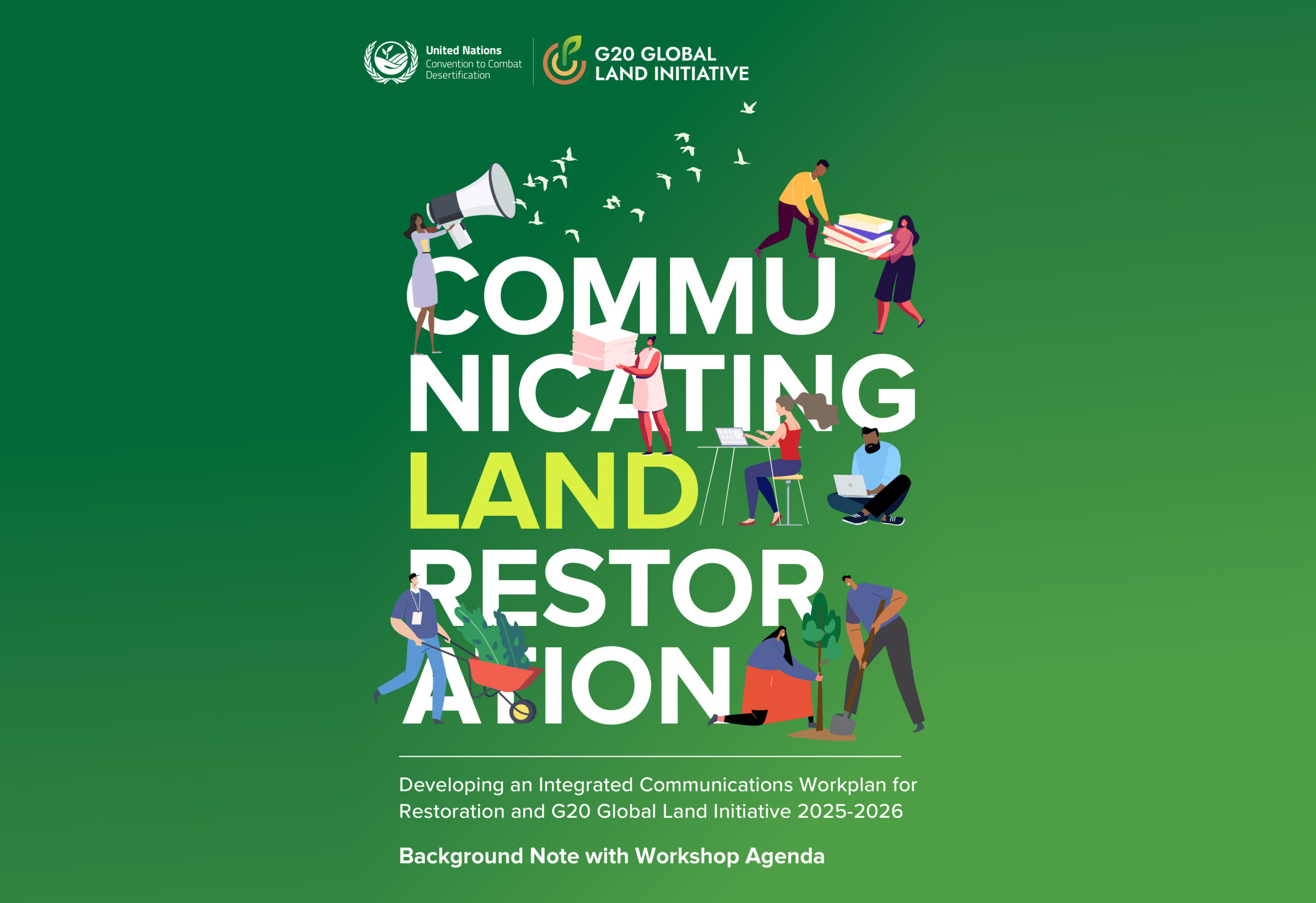
Bonn, 15 July 2024 — Today marks the beginning of an extraordinary four-day retreat in Bonn, with the communication leads involved in the Land Restoration Challenge of the United Nations Decade on Ecosystem Restoration and G20 Global Land Initiative (GLI).
The communications retreat of 26 experts and stakeholders drawn from 19 countries in every region of the world, is more than just a meeting. The retreat is designed to foster collaboration and innovation to advance land restoration, biodiversity conservation and address climate change impacts.
Each participant brings unique experiences and expectations to achieve the collective mission of mobilizing a wide range of stakeholders to restore one billion hectares of degraded land by 2030 and reduce graded land by 50 per cent by 2040.
Following a review of past achievements, the team will exchange ideas, visions and innovations aimed at driving impactful communication in the next year.
Participants will introduce their organizations’ strategic approaches to communication, setting the tone for the days to come. Among the most anticipated sessions are the Artificial Intelligence (AL)/Machine Learning (ML) Master Class led by Sunil Prabhakar (India).
Known for his practical approach, Prabhakar will build on the training last year, which demystified Artificial Intelligence and Machine Learning, and explain developments since, including in ethical issues, which are revolutionizing communication strategies.
His insights promise to equip participants with the tools to integrate AI into their daily operations effectively.
Another highlight will be the Master Class on data analytics with Dr. Lawrence Nderu, Jomo Kenyatta University of Agriculture and Technology, Kenya.
Utilizing real social media data from G20 GLI, Nderu will guide participants through the intricacies of data interpretation and application. This session aims to empower attendees to look beyond trends, delving into the motivations behind their audience’s engagement.
Adding intellectual rigor to the retreat, Prof. Jens Schröter from the University of Bonn will deliver a keynote on the future trajectory of communication, including in the light of AI/ML.
Schröter’s exploration of the communications sector and the drivers expected to shape non-profit organizations’ work will provide a forward-looking perspective, blending technology with human ingenuity.
Midweek, attendees will venture beyond the conference room to Halde Hoheward in Herten, a restored post-mining landscape park. This field trip is more than a break from discussions; it’s a powerful testament to the impact of land restoration efforts.
Walking through lush trails and taking in the panoramic views from the Horizon Observatory, participants will witness firsthand the tangible outcomes of turning mines into biodiversity heavens and recreation areas.
The field trip will close with a visit to the impressive German Mining Museum, where participants will also interact with the Vice President of the THGA University, Germany.
The event will feature practical workshops, where participants will enhance their skills in social media campaign design, crisis communication, video editing, AI/ML application and the application of data analytics to their work.
The retreat will conclude with an ideation session led by Muralee Thummarukudy. In a burst of creativity, participants will generate a wealth of communication ideas to drive UNDER’s Land Restoration Challenge, which is spearheaded by the G20 Global Land Initiative.
The G20 Global Land Initiative retreat is poised to be a crucible of inspiration and innovation, and participants redefine the narrative of land restoration and conservation. Stay tuned for updates as this dynamic event unfolds.
Latest News
- UNCCD G20 Global Land Initiative publishes 2025 annual report
- Eight finalists named for Youth Ecopreneur Awards
- From degradation to opportunity: advancing the global restoration economy at CRIC23
- COP30: Ten countries back Brazil-led finance accelerator to scale farmland restoration worldwide
- Greenstorm Unveils Winning Images Celebrating the World’s Most Beautiful Wetlands
